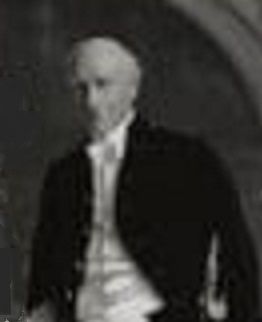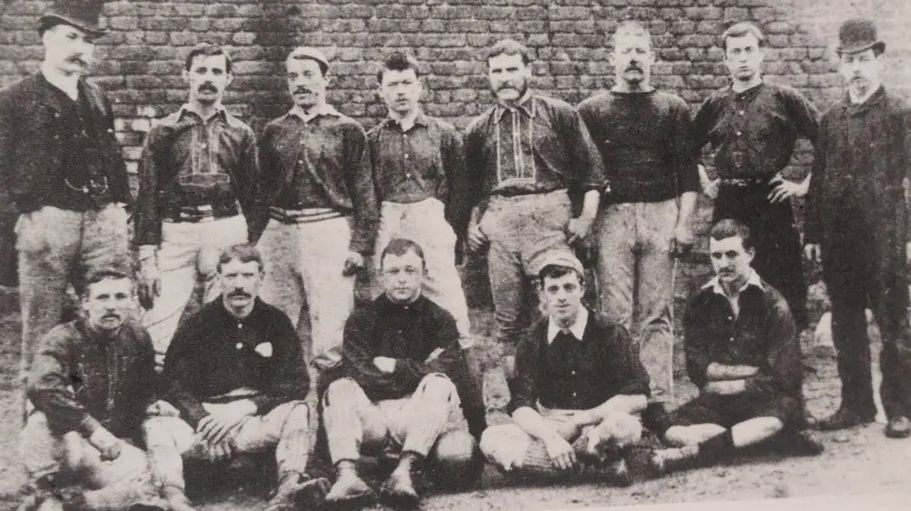William Murray Leslie

That Millwall F.C., or rather, Millwall Rovers, as it was known on foundation in 1885, is a Scottish club is a matter of dispute. But that considerable, initial momentum both was provided by Scots, notably from the London factory of the Aberdeen-based J.T. Morton cannery and preserve manufacturer, many from Dundee, is incontrovertible. Nor can it be gainsaid that on foundation its joint-largest shareholder and first Chairman was a Scot also, one who died in 1951 in Haslemere in Surrey as a barrister and by the name of William Murray-Leslie.
He had lived a full life, passing at the age of ninety-three to be cremated in not so distant Woking. He was also a qualified doctor and that was what had seen him almost three-quarters of a century earlier in much rougher attire and surroundings on the Isle of Dogs and, then at the age of just twenty-seven, involved with football not as a player but perhaps an advocate of the vogue for exercise for health. Morton's and the surrounding area was his practice and from where he would climb through London society, eventually both to change profession, reside in Cadogan Sq. and marry the eldest daughter of Lord Rotherham.
But he had begun life as William Leslie, William Murray Leslie, if in the Scottish Style his mother's name is incorporated, the son of a farmer, if something perhaps of a gentleman-farmer. The year was 1859 and the place Wester Suddie, Knockbain on The Black Isle by Inverness. His parents, Alexander Leslie and Isabella Murray, were both Aberdeen or Aberdeenshire but with time spent by him or both in India. However, it meant for William virtually no contact with football as a child or teenager. The game did come even to the Highland capital until after he had left to pursue his medical studies. Yet by a twist of fate it was precisely that move that took not football to him but him to football.

In 1881 and aged twenty-two he is recorded as working as a Medical Surgeon Assistant in Farnworth by Bolton in Lancashire, Bolton, indeed, with Great Lever and Bolton just to the north and just beginning to import Scottish players, at the epi-centre of the first growth of the game in industrial Northern England. In fact what he was to become involved with at Millwall, in 1885 living right across from the club's first, real ground, was perhaps a replication of what he had witnessed in Lancashire just four or so years earlier, indeed something, of which in London he (pictured standing left in hat) might have sought to be part - from the business point-of-view, if nothing else.
Birth Locator:
1859 - Wester Suddie Farm, Knockbain, Ross-shire
Residence Locations:
1861 - N/A
1871 - Wester Suddie Farm, Knockbain, Ross-shire
1881- 29, Church St., Farnworth, Lancashire
1891 - 41 Glengall Road, Isle of Dogs, London
1901 - 74, Cadogan Place, Kensington, London
1911 - N/A
1921 - N/A
Death Locator:
1951 - Collards, Haslemere, Surrey
Grave Locator:
Back to the Highland Trail
or the SFHG Home page